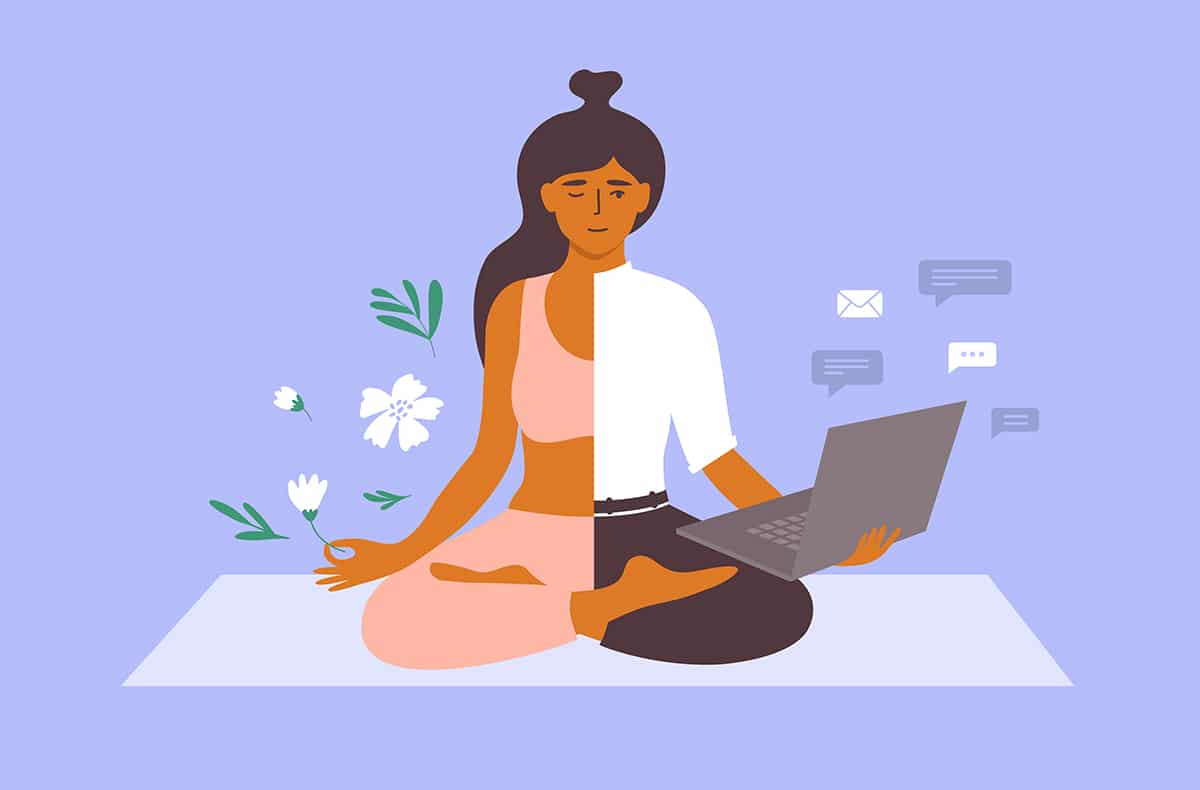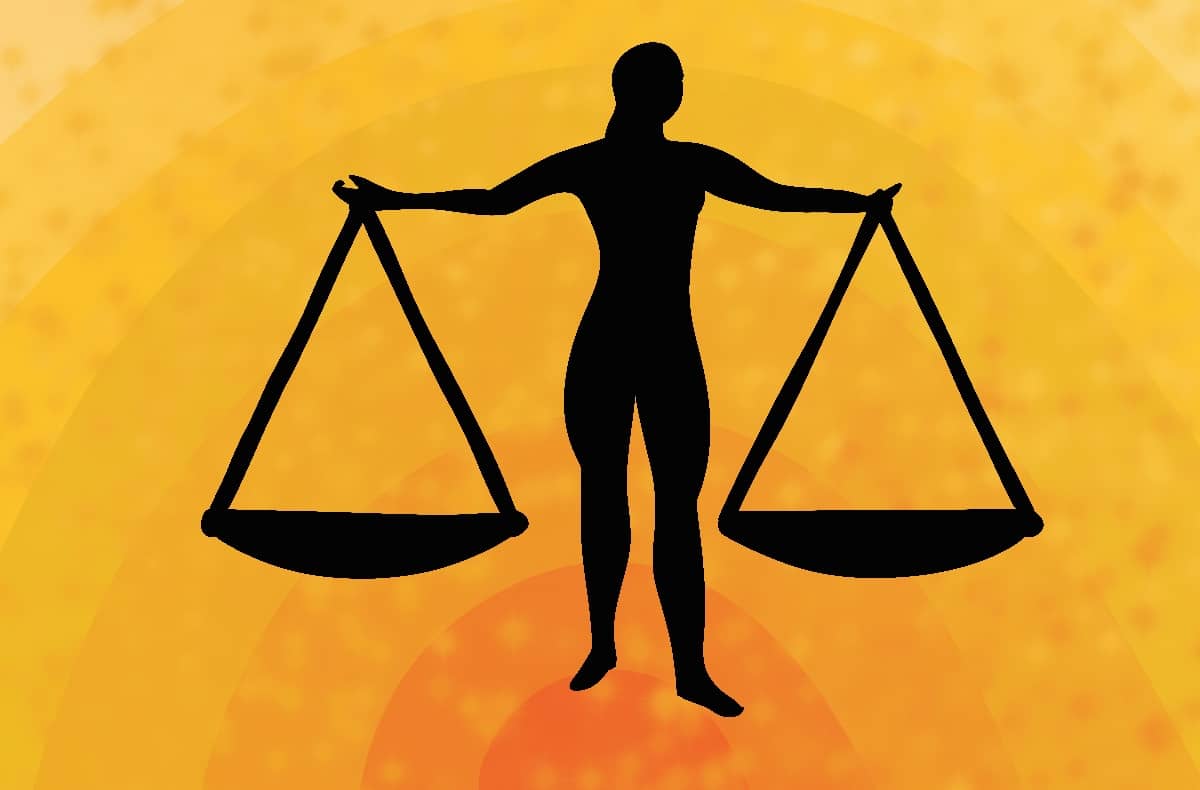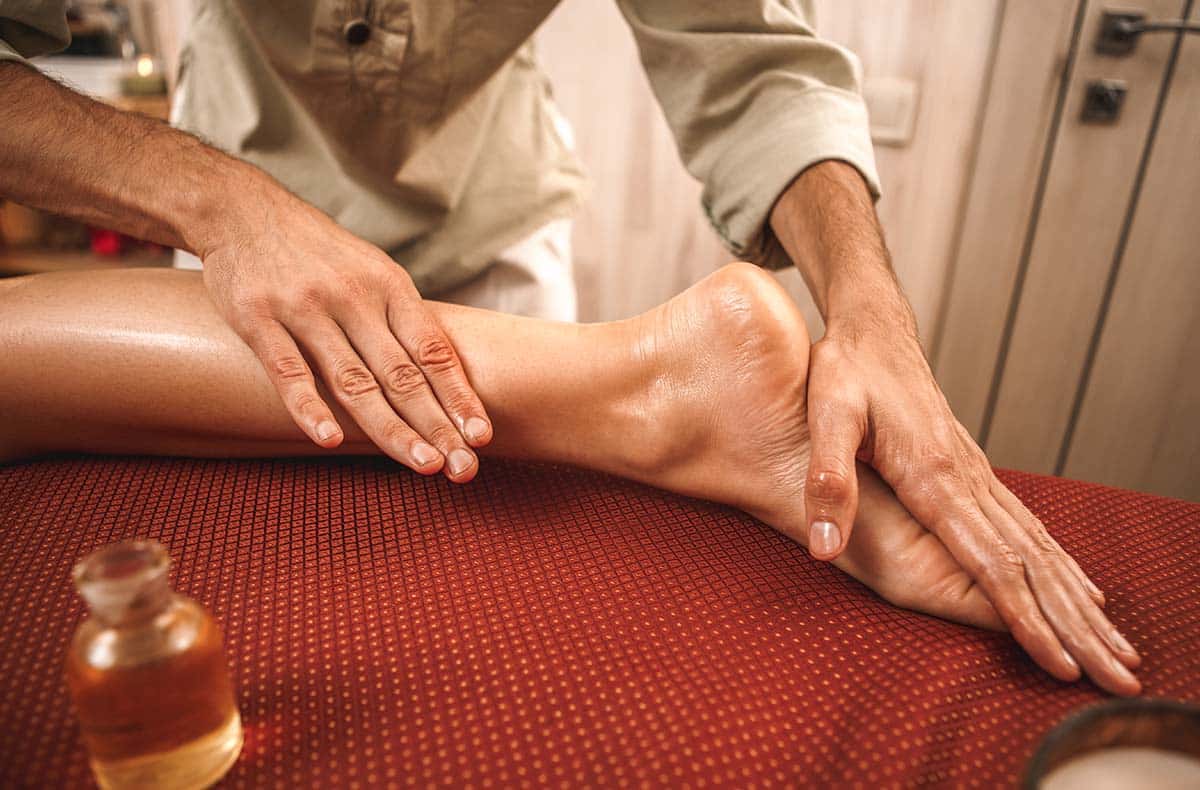
Imagine a recent meal—maybe an outstanding one, even a favorite, or simply what you had for dinner last night. Close your eyes—what details come to mind? Likely you’ll remember the flavors of the food, or the smell of it wafting through the room—the typical sensory experiences we associate with eating. But what about the colors—on your plate and in the art on the walls, the tablecloth, or the sweater you wore while eating? What about the texture of the food on your tongue or in your hands as you held it, its temperature sliding down your throat and landing in your belly, or the feeling of the chair at the table supporting your body? What about the sound of each bite—the crunch or slurp—or ambient music, or stirrings of nature or construction noises outside your window that accompanied your meal?
This little exercise is not just about making you salivate (if you need a snack after reading, though, be my guest). It’s meant to bring a new level of awareness to the common phrase “you are what you eat.” In the holistic medical system of Ayurveda, we take this phrase to heart. As Ayurveda becomes more mainstream, there’s tons of information available about how and what to eat according to this ancient system—mostly centered around our individual constitutions (called “doshas”) and the seasons, but also in order to support specific imbalances and disease. When we consume foods that are aligned with the cycles of nature and balancing to the body, those foods support health in the body, mind, and spirit. And because what we eat becomes our tissues, literally, if we want to enjoy a stable and nourished experience in our lives we need inputs with those same qualities.
Clean Up Your Sensory Diet
What we eat isn’t confined to our plates: We are taking in information from all of our senses all of the time, and not just when we’re eating. Ayurveda considers these sensory stimuli a kind of “food” in their own right. Our senses all play a direct role in our digestive process, and help determine how well our bodies break down and absorb nutrients from what we eat, which then affects our bodily integrity and health. But beyond edible food, the information we receive through our senses shape the integrity of our worldviews, our feelings of safety or threat, our relationships, our self-worth—all the building blocks of our psychological, emotional, and spiritual identities.
Take this for example: Imagine someone growing up eating take-out dinners while watching violent TV shows among family members who were angry or stressed all the time. That person will likely not be digesting their meals very well, which might affect their health then or down the line; at the same time, the exposure to those agitating and unsettling sounds, gestures, and images will also be “feeding” them a diet of poor-quality environmental foods that will affect their mental health, mood, and outlook on life. Now, imagine another scenario where a child grows up eating dinners made with love by a family member, at a table free of devices, around which conversation flows freely. What kind of “food” are they receiving? The latter scene may be idyllic, and not totally feasible all the time, but with small steps, anyone can make changes to their sensory diet to promote more peace, relaxation, mindfulness, and digestibility throughout their day.
Sense-Care is Self-Care
The way that the senses affect our digestion is a fundamental reason Ayurveda prioritizes them in our daily and seasonal health routines. That’s because regular, complete digestion is the cornerstone of health; without receiving nutrition on a daily basis, we can’t expect to do much else with our lives! At the same time, the diet of the senses also has effects beyond the digestive system. In fact, each of the senses has a direct correlation to one of the five elements in nature and to the doshas, or biological humors, of the body, each with its own set of responsibilities. As such, if one of the body systems (based on the element and/or dosha involved) is afflicted with an imbalance or disease, we can use that sense as a mode for healing—an ideal pathway for the “medicine” of some sensory stimuli, which includes foods.
The other way we can use the senses to promote health is through daily, preventive rituals known in Ayurveda as dinacharya. These practices are rooted in hygiene, although they may seem strange and extensive at first to a Westerner new to Ayurveda, partly because they largely rely on oils to “cleanse” the sense organs, which can seem counterintuitive. We use oil, though, not only to cleanse but to protect these vital portals of life-altering information. Additionally, attending the body with mindfulness first thing in the morning is a check in with our present state—we might detect small changes in how we feel and can adjust our routines and foods accordingly, before they become full-on imbalances. For this reason, I like to think of dinacharya as “sense-care,” a form of self-care that is not only more basic, but also more essential and accessible to more people than what mainstream wellness culture has turned “self-care” into.
The tongue is one sense organ that offers us a lot of information in this regard. Every night during sleep, the body undergoes a massive digestive and integration process, which produces natural metabolic wastes in the morning. As such, when we wake up we’ll see a coating of sorts on our tongue, along with “morning breath,” that we clean off with a tongue scraper and oil swishing as part of our dinacharya. However, we might notice interesting qualities in the coating of our tongue that reveals potential imbalances. A thicker coating at the back of the tongue might suggest constipation, for instance; a yellowish color to the tongue suggests excess heat somewhere in the system. Experiencing unusual tastes in the mouth, cravings, dryness, excessive thirst, and other tongue-based signs and symptoms might also point to a possible imbalance. You might not think to notice those things unless you were in the habit of looking at your tongue and noticing its state every day… and yet catching those early signs (and cleaning them off!) could save you from discomfort in the future.
Besides morning dinacharya, we can practice sense-care as a means of self-care throughout our days, curating a “diet” of sensory foods that are nutritious and pleasing. Ayurveda describes three ways that the senses can be imbalanced and cause disease: ayoga (under use), mityayoga (incorrect use), and atiyoga (overuse). Striking that just-right Goldilocks balance of sensory stimulation is a key to keeping the sense organs happy and healthy.
Ask yourself these questions about the sensory environment for where you eat, work, sleep, or otherwise spend meaningful time. Then, consider ways to adjust your sense diet to make those environments more pleasing and digestible:
Ears / Sound:
- Is there noise pollution or other irritating background noise in my space?
- Are the words I hear from others positive and reaffirming, or negative and insulting?
- What kind of self-talk is in my head?
- Is there space for quiet or is there nonstop noise?
Skin / Touch
- How do my clothes feel on my skin in different environments and situations?
- Is the temperature of the room comfortable or distractingly hot or cold?
- What kinds of objects or products does my body interact with—chairs, carpets, bedding—and do they feel good?
- Would/could I eat the products I put on my skin (bath products, makeup, etc.)?
Eyes / Sight
- What colors are in the spaces I occupy? How do they make me feel?
- What kind of art or other imagery am I exposed to daily, especially while doing work, eating, or other activities that require my attention?
- Is the space I’m in neat and orderly (which doesn’t mean empty), or is it cluttered and chaotic?
- Do I have appropriate lighting in my space?
- How much time do I spend on devices and with artificial light when it is dark outside (morning and evening)?
- What is the first kind of light my eyes come in contact with in the morning, and the last before bed?
Tongue / Taste
- Which of the six tastes do I eat most frequently? In what food forms?
- How does my food make me feel—emotionally and physically?
- Do I eat while multitasking?
- What food cravings do I have often or at the moment? Is it a true physical craving (from a nutrient deficiency) or an emotional craving?
- How often do I feel hungry and thirsty? Do I satisfy those messages in a timely way?
- Is there an abnormal coating on my tongue in the morning?
- Do I make time for pleasurable experiences that suit my “tastes” in art, music, people, etc?
Nose / Smell
- What odors and aromas do I smell in my space? How do they make me feel, physically and emotionally?
- Does my body have an unusual or unpleasant aroma—and do I try to cover it up with something?
- Which smells irritate me, and which ones appeal to me (in products, foods, plants, people…)?
- Which smells elicit memories for me, positive/negative/neutral?
Although it’s not always possible to create an ideal setting that will perfectly satisfy all our senses, choosing one thing to care for each of your senses each day is a good place to start. The classical dinacharya is one way in, but the possibilities are as endless as our individual tastes! If you’re stuck, a guaranteed way to support balanced senses is actually removing stimuli rather than adding. Our world is not short on stimulation, and so taking a few minutes (5 is a great start) to shut the door, sit comfortably or lie down, close your eyes, and breathe is a powerful reset for the body-mind connection via the senses. More often than not, our senses are taking us out of ourselves, being consumed by whatever new sparkly object, post, or show designed to steal our attention. Sense-care is both a way to balance the whole body while reclaiming our precious attention, appreciating the riches of what we have right before our eyes—and ears, and mouth, and nose, and hands.
If you want to learn more about sense-care, my five-part online course, “Sense-Care is Self-Care”, offers a variety of tools to support personalized rituals for health maintenance and common imbalances.



